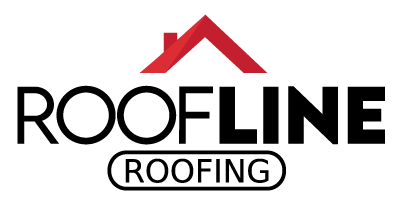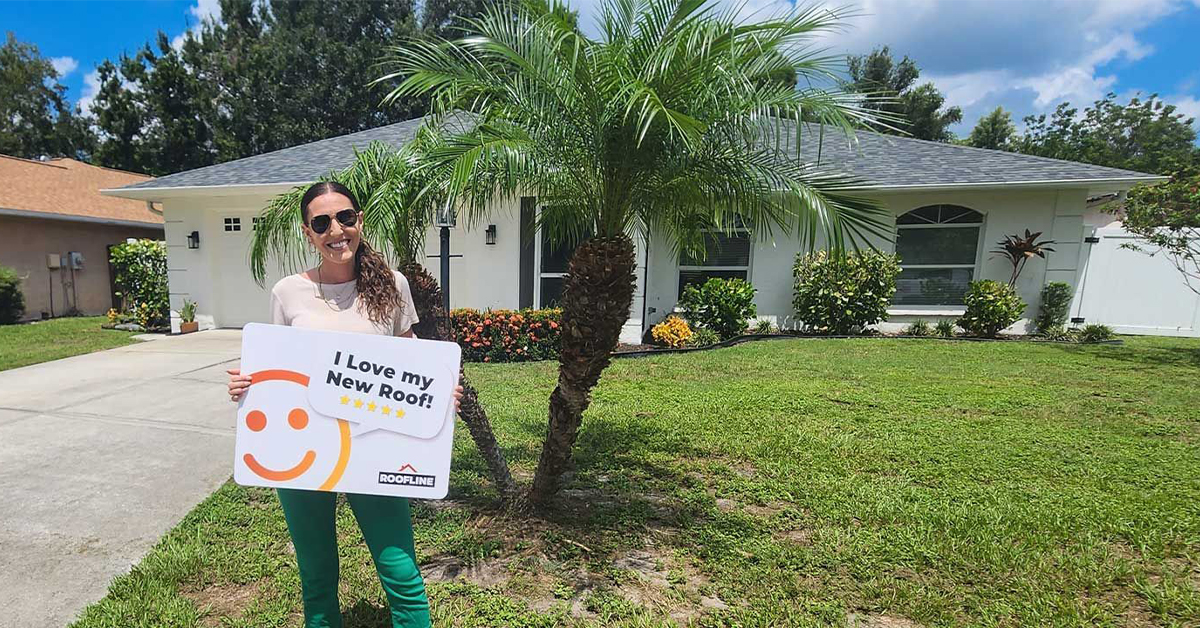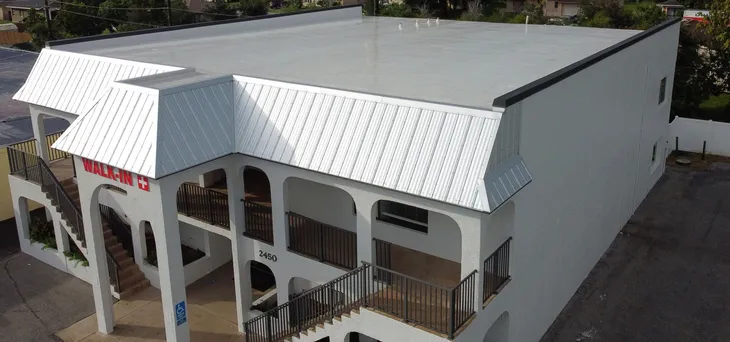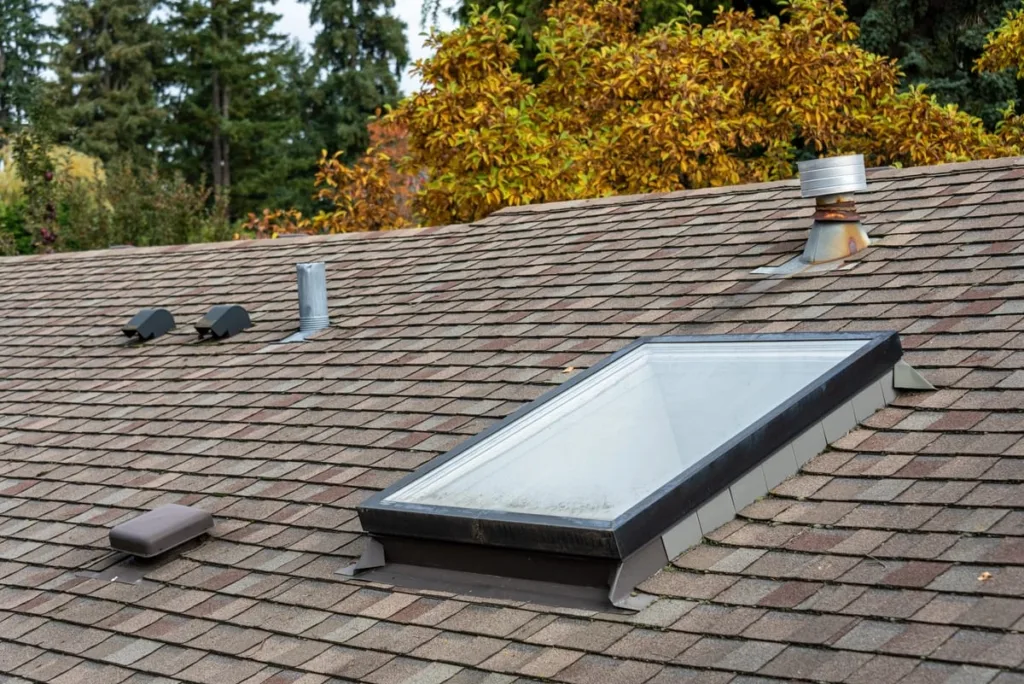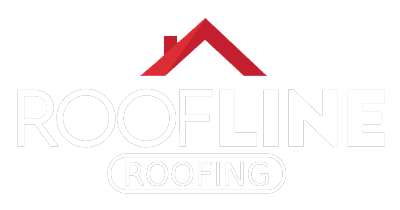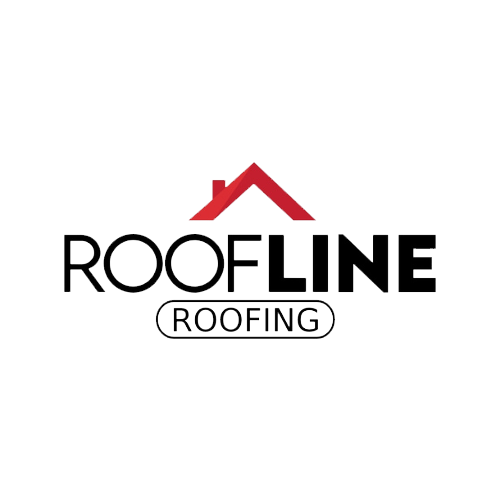Selecting a reliable roofing contractor can be a daunting task, but safeguarding your property begins with informed decisions. Understanding the importance of verifying a contractor’s credentials is essential to protect both residential and commercial investments. This guide sheds light on why licenses, certifications, and comprehensive research are foundations of a trustworthy partnership with your roofing professional. Whether navigating the requirements in Sarasota or seeking insight from reviews in Anna Maria, practical advice can clarify the selection process, ensuring a robust roof over your head.
In addition to choosing the right contractor, securing a fair roofing contract is pivotal for clarity and stability throughout the project. Step-by-step, well-defined agreements are designed to prevent misunderstandings by detailing the scope of work, payment terms, and warranties. This structured approach is crucial in areas like Parrish, where meticulous contract tips can safeguard against unexpected costs and disputes. Through this lens, you’ll learn to construct a blueprint for successful projects, confirming all parties align on expectations and legal requirements.
Credentials Check: Verifying Licenses and Certifications
Verifying licenses and certifications is a critical step when selecting a roofing contractor. This process ensures that the contractor is qualified to perform the necessary work and follows the region’s regulatory standards. In Sarasota, understanding what to look for in roofing contractor credentials can make the process smoother and shield your property from unqualified hands.
A roofing contractor’s credentials start with their licensing. Licensing requirements differ across states, but in Florida, contractors must meet stringent criteria. The Florida Department of Business & Professional Regulation (DBPR) mandates that roofing contractors hold a valid license. This ensures they have the foundational skills, experience, and ethical grounding necessary for conducting roofing work. Verified licensing means that a contractor has passed exams and demonstrated knowledge about safety and pertinent regulations. This regulatory framework protects consumers from fraud and shoddy workmanship.
Beyond licensing, certifications enhance a contractor’s credibility. Manufacturers often certify contractors to install specific roofing materials and systems. For instance, if a roofing contractor in Sarasota is a certified installer for leading manufacturers, it reflects that they have received training specific to those systems, ensuring compliance with stringent installation requirements. Roof materials like GAF shingles or CertainTeed products come with different warranty levels depending on who installs them. Certified contractors can offer extended warranties, providing added peace of mind.
Investigating a contractor’s credentials involves a mix of online research and direct inquiries. Many contractors display their license numbers on their websites or business cards. Utilizing resources like the DBPR’s online license search can confirm whether a license is current and free of disciplinary action. Furthermore, consulting the Better Business Bureau (BBB) gives insight into a contractor’s track record with consumer complaints and resolution history. A contractor with a high BBB rating indicates satisfactory business practices and client dealings.
Examining insurance coverage is just as important as checking licenses and certifications. A responsible roofing contractor carries both liability insurance and workers’ compensation. Liability insurance protects you if any property damage occurs during the roofing work. Workers’ compensation is crucial to shield homeowners from potential lawsuits should a worker sustain injuries on the job. For commercial property owners, this issue takes on added importance because of the greater scale and complexity of commercial roofing projects. Requesting proof of insurance directly from the contractor ensures that these policies are current and adequate.
Third-party endorsements further bolster a contractor’s credentials. Memberships in professional associations such as the National Roofing Contractors Association (NRCA) or the Roofing Contractors Association of South Florida (RCASF) suggests a commitment to industry standards and ongoing professional development. These memberships often require adherence to ethical business practices, ensuring that member contractors are not only skilled but also operate with integrity.
Verification doesn’t stop there. Investigate past projects as an informal certification of capability. Photographs and client references can reveal the quality and breadth of a contractor’s experience. Communicating with past clients about their experiences can shed light on the contractor’s professionalism, timeliness, and ability to handle unexpected challenges.
It’s also beneficial to confirm if the contractor provides detailed written estimates. This practice reflects transparency, as detailed proposals cover labor, materials, permits, and other potential charges. Understanding the financial scope from the beginning protects you from hidden costs and aligns expectations.
Finally, whether hiring for a residential or commercial property in Sarasota, engage a contractor who is willing to educate about their services. A contractor with solid credentials, including roofing contractor credentials Sarasota homeowners and businesses trust, should be willing to provide clear explanations and answer any questions you might have about the process.
Prioritizing these steps in verifying a contractor’s credentials can assure quality and reliability, safeguarding your property and investment. Verifying a contractor’s credentials is not just about compliance; it ensures peace of mind and longevity for your roof.
Reputation Matters: Researching Past Client Experiences
Reading reviews from past clients can reveal how a roofing contractor truly operates. Practical insights from homeowners and property managers provide firsthand accounts of a contractor’s strengths or weaknesses, offering a window into the quality of workmanship and customer service. With the internet’s vast reach, there’s a wealth of information available, particularly for those seeking roofing contractor reviews in Anna Maria and surrounding areas.
Online reviews, such as those found on Google, Yelp, or Angie’s List, help gauge how previous clients felt about their experience with the contractor. Pay attention to both the overall rating and specific comments from past clients. Look for patterns—multiple reports of poor communication or missed deadlines, for example, can signal consistent issues. Conversely, repeated praise for punctuality, thoroughness, or exceptional cleanup showcases a contractor committed to exceeding expectations.
Homeowners and business owners also value responses from contractors on these platforms. Replies to negative reviews, in particular, are telling. A contractor who professionally addresses complaints by acknowledging issues and explaining corrective measures demonstrates a commitment to improvement. This can be an encouraging sign of transparency and accountability, key qualities for any trusted professional.
Social media platforms like Facebook also serve as powerful tools for gathering public opinions. Many businesses maintain active pages where clients can comment or ask questions. Observing how the contractor engages with their audience on social media can provide more context about their customer service ethos.
In addition to online reviews, the Better Business Bureau (BBB) offers valuable insights. The BBB assigns ratings to companies based on their reliability and customer interaction history. A contractor with a high BBB rating, accompanied by thorough resolution of complaints, signals good business practice and customer satisfaction.
Word-of-mouth recommendations remain one of the most reliable forms of endorsement. Ask friends, family, or colleagues about their experiences with local roofing contractors. Personal testimonials cut through the noise of advertising and provide authentic perspectives. A referral from someone who enjoyed a seamless experience can instill confidence in your decision.
Visiting industry forums or participating in community groups, both online and offline, provides another angle. These venues often host discussions about local contractor experiences, offering narratives from various clients. Engaging with these communities allows you to gather recommendations and warnings directly from those who have navigated the same selection process. However, always be mindful of bias and prioritize information from verified users.
Diverse perspectives are important, but they must be balanced with a discerning eye. Sometimes reviews might not reflect the most recent changes in the contractor’s operations, such as improved quality control. Hence, it is important to weigh both positive and negative feedback by number, detail, and relevance. Consistent quality over time is a reliable indicator of dependability.
Overall, in Anna Maria, researching roofing contractor reviews provides a comprehensive understanding of a contractor’s reputation. This effort not only points toward quality customer service but also highlights contractors who are adaptive, professional, and skilled in delivering lasting roofing solutions. Take the time to weave together insights from online sources, personal networks, and professional platforms. This holistic approach arms you with the knowledge needed to make an informed choice and ultimately, safeguard your investment in a high-quality roofing project.
Making Agreements: Securing Fair Contracts and Understandings
Securing a fair roofing contract is as essential as selecting the right roofing contractor. Crafting a well-structured agreement guarantees clarity for both parties, minimizing the risk of misunderstandings and ensuring a smooth working relationship. In Parrish, understanding roofing contract tips can prevent unexpected costs and disputes.
First, every roofing contract should meticulously detail the scope of work. This includes descriptions of all services, materials, and timelines. Make sure each aspect of the project—from preliminary preparation to cleanup—is outlined. Having a clear roadmap ensures that both homeowner and contractor align on expectations, leaving little room for misinterpretation.
Payment terms are a crucial part of any roofing contract. It’s important to structure payments in phases rather than paying a large sum upfront. Common practice involves an initial deposit at the contract’s signing, followed by incremental payments as stages of the project reach completion. This phased approach not only protects you but also incentivizes the contractor to adhere to timelines and quality standards. Ensure the contract states the exact amounts and when each payment is due to avoid discrepancies.
Warranties should also be clearly defined in the contract. Different components of a roofing project may have varying warranty standards—materials versus workmanship, for example. Understand the length and scope of warranties provided by both the manufacturer and the contractor. This helps guarantee that any future issues, such as leaks or material failures, will be addressed without additional financial burden.
Insurance and permits are non-negotiables in a roofing contract. The contractor must possess and provide proof of liability insurance and workers’ compensation coverage. This protects you from liability in the event of accidents or property damage during the project. Additionally, responsibility for obtaining necessary permits must be outlined, including any fees associated with them. In most cases, the contractor should handle permit applications, demonstrating their commitment to legal and safe operations.
Change order processes deserve attention in your contract. Projects can change mid-course due to unforeseen circumstances or client preferences. Specify how changes will be managed—whether through a formal amendment or a written agreement—and how these alterations will affect cost and timeline. Transparency here prevents misunderstandings and ensures agile problem-solving.
Finally, include a clause regarding conflict resolution mechanisms. While disagreements are rare with a well-structured contract, having a predetermined method, such as mediation or arbitration, can facilitate peaceful and timely resolutions. This strategic planning fosters trust and cooperation between both parties throughout the project.
Adhering to these roofing contract tips in Parrish helps secure a fair, transparent agreement that serves both your interest and the contractor’s. Beyond boilerplate text, a contract should be a tailored document reflecting the specific requirements of your roofing project. Each party should review the draft meticulously and don’t hesitate to seek legal advice if needed. A strong, enforceable agreement is your best guard against potential pitfalls, ensuring peace of mind and a successful roofing project.
You might be asking
What qualifications should I look for in a roofing contractor?
Look for a roofing contractor who is licensed and insured to work in Florida. Check for certifications from reputable manufacturers, as these indicate a commitment to quality and adherence to industry standards. Experience in the local market is crucial, as roofing requirements can vary by region.
How can past client reviews help in selecting a roofer?
Past client reviews provide insights into a contractor’s reliability, workmanship, and customer service. Positive reviews often highlight a contractor’s adherence to timelines, budget, and overall satisfaction. Look for patterns in the feedback that may indicate consistent issues or strengths.
Are there red flags that suggest a contractor might not be trustworthy?
Be cautious of contractors who demand full payment upfront, lack proper licensing, or offer significantly lower quotes than competitors. Other red flags include poor communication, pressure tactics, or unwillingness to provide references.
Next Steps
Selecting a roofing contractor requires careful attention to multiple factors, from verifying credentials to setting clear terms and expectations in your contract. By taking these steps, you ensure that your investment meets your property’s unique needs and mitigates the risk of complications. Business owners will find that these guidelines help navigate the more complex aspects of commercial roofing contracts, while homeowners secure peace of mind with skilled residential services. Gathering insights from reviews and recommendations enhances your ability to choose a contractor who delivers quality work and exceptional service.
When you’re ready to move forward, consider reaching out to the team at Roofline Roofing for a complimentary consultation. Whether you’re focused on a new installation, repair, or preventative maintenance, Roofline Roofing offers the expertise and reliability you need to protect your property. Contact us to discuss your goals and discover how we can provide a roofing solution tailored specifically to your requirements.
Contact Us
Use the form below to contact us or to schedule a free consultation.
I would highly recommend Roofline Roofing for any roofing needs. As a fellow business owner, their professionalism and efficiency stood out. They provided quality service, completed the job on time, and their pricing was fair. Very satisfied with their work!
-- Logan L.
